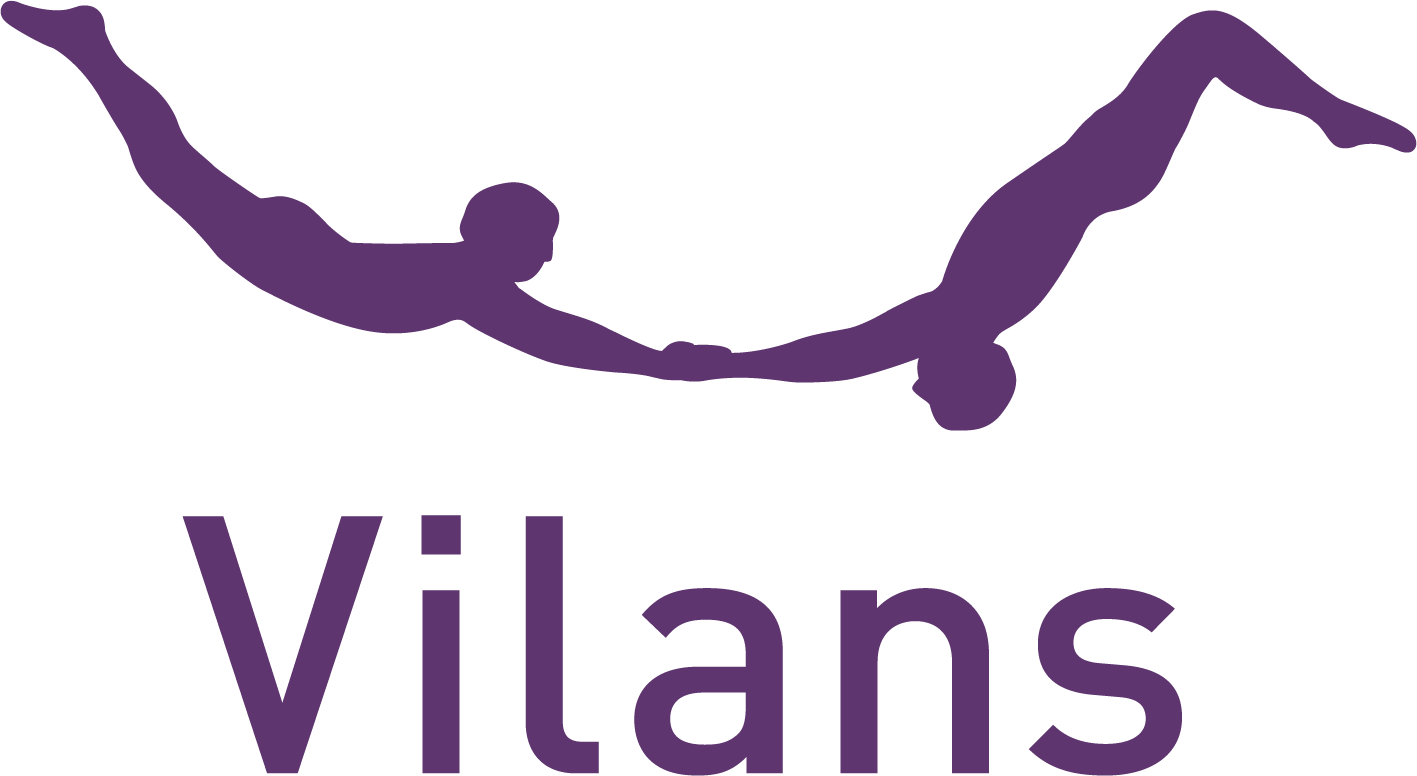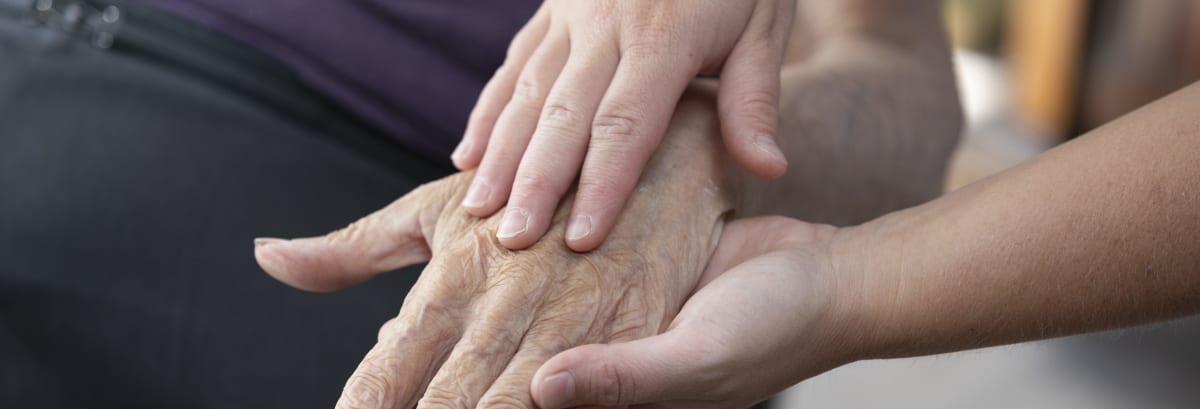Young onset dementia: Clinical investigations for appropriate care and psychosocial support
Last modified on: 22-04-2024
There are an estimated 14,000 to 17,000 young people with dementia in the Netherlands. They have different forms, such as Alzheimer’s disease, vascular dementia, frontotemporal dementia and Lewy body dementia. If the first signs of dementia occur before the age of 65, people fall into the category of early-onset dementia. The disease presents differently than in older people with dementia; For example, in many young people, Alzheimer’s disease does not start with memory problems – as in the elderly – but with behavioural changes and speech problems. Frontotemporal dementia is also more common in young people.
Research regarding psychosocial interventions and the arrangement of as well as access to integrated and tailored post-diagnostic care and support in young-onset dementia (YOD) throughout the entire disease trajectory is largely lacking. The need for such research has been expressed by representatives of the target population, healthcare professionals, and researchers in the Dutch ‘Young-onset Dementia Research Agenda’.
Diagnostic and post-diagnostic care and support
Vilans and various researchers on the topic are seeking to address this need with a new research project that will look at ways to improve diagnostic and post-diagnostic care and support, as well as the transitions between different types of care and support throughout the caregiving trajectory, and its accessibility.
YOD-CARE is part of YOD-INCUDED and one of the consortia of the Dutch National Dementia Strategy, as part of Dementia Research Program from The Netherlands Organisation for Health Research and Development (ZonMW).
- Read more about the YOD-CARE Project






